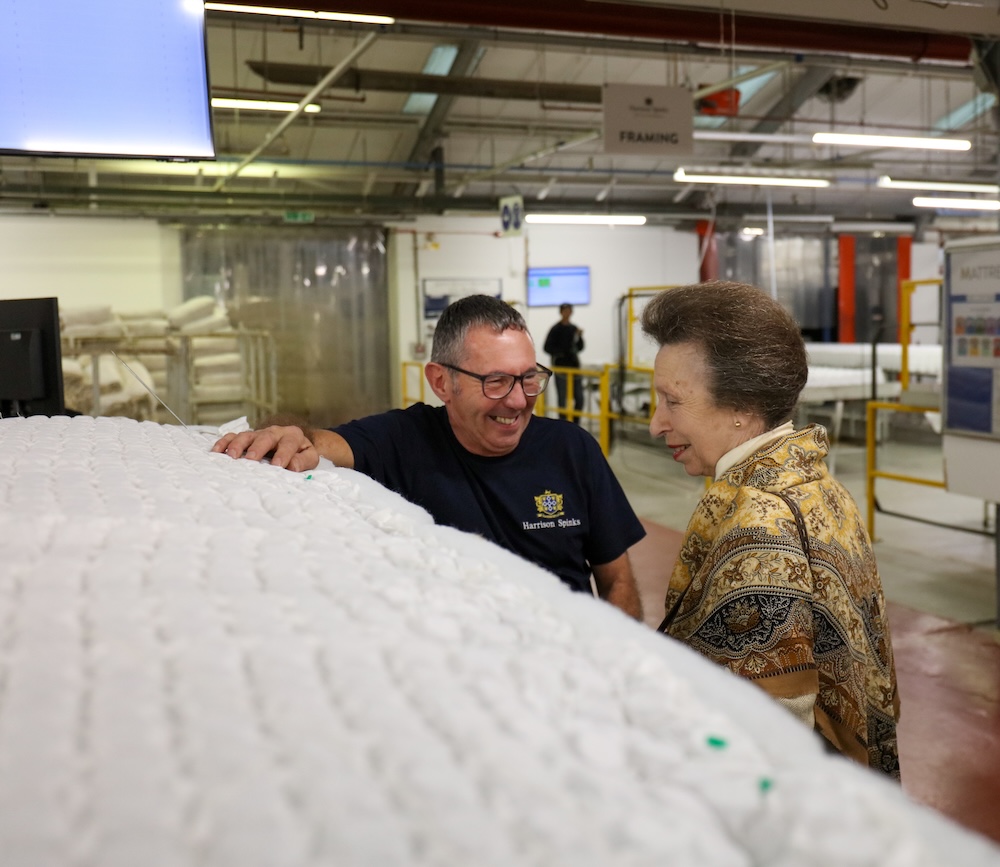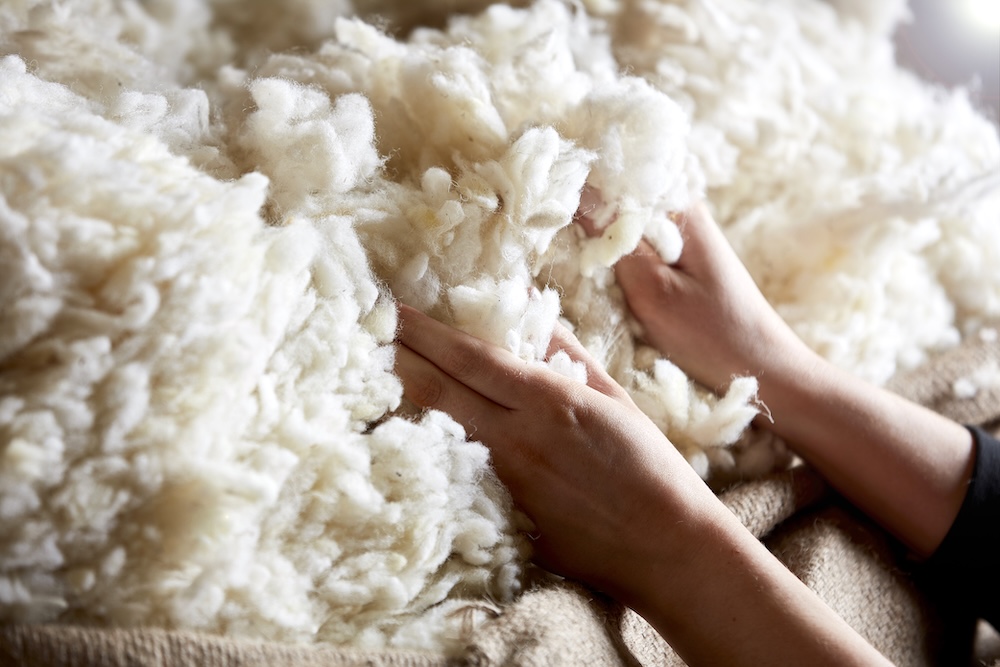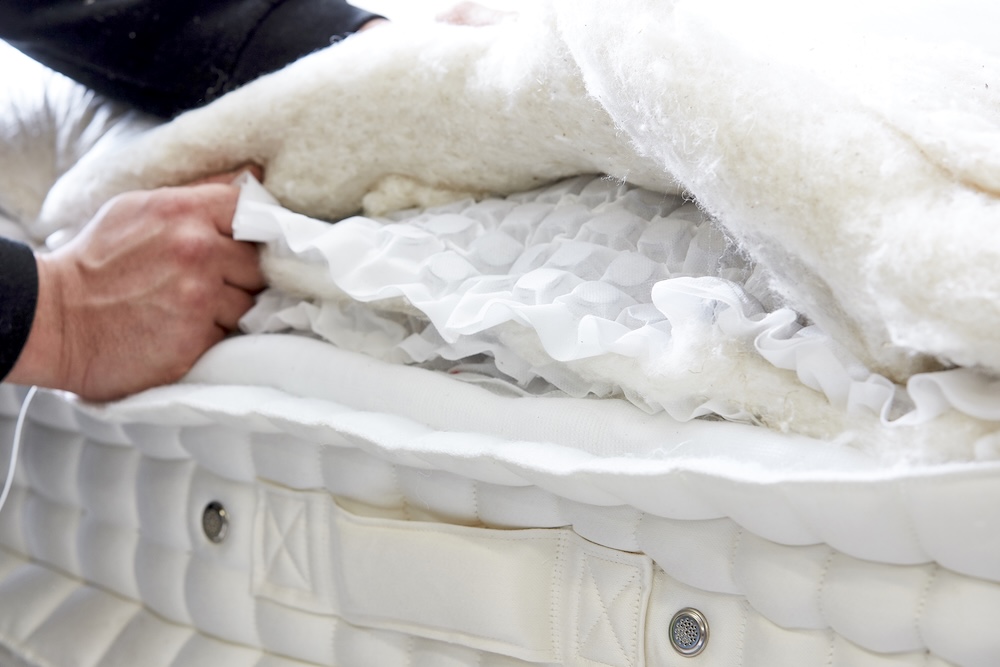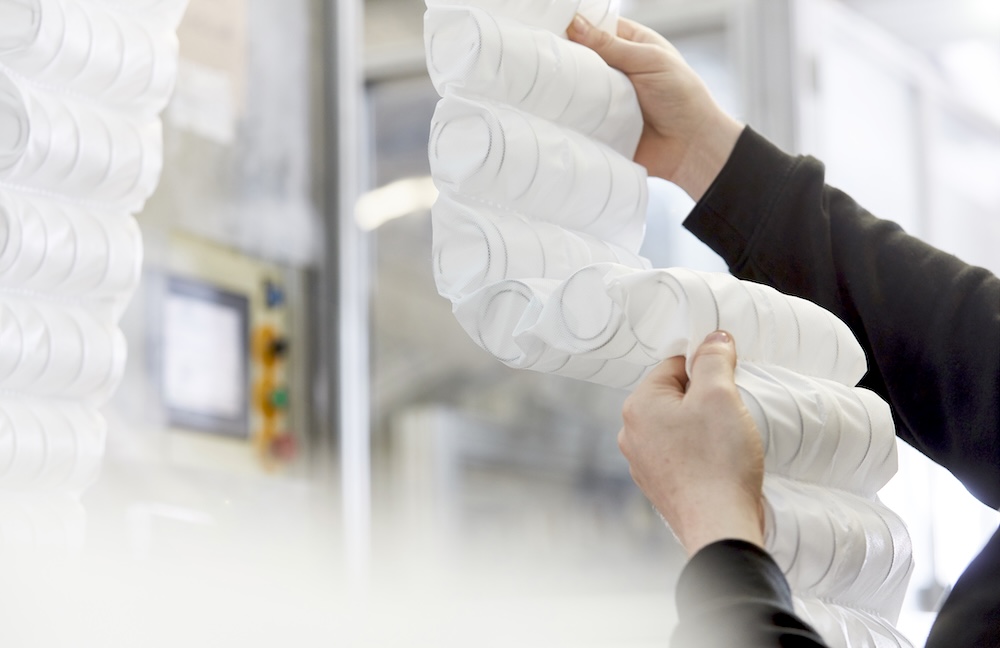Fifth-generation, family-owned bedding and components manufacturer Harrison Spinks has published its 2025 Impact Report, detailing record progress in sustainability and social impact, including reducing emissions, planting thousands of trees and handcrafting hundreds of beds for children in poverty.

According to a news release, the report’s publication follows Harrison Spinks being awarded “Bed Manufacturer of the Year 2025-26” at the National Bed Federation Awards — the company’s second consecutive win and fifth overall.
“Being named Bed Manufacturer of the Year for the fifth time is further recognition of everyone’s hard work and commitment to doing things the right way,” said Nick Booth, managing director at Harrison Spinks. “We’re really proud of the progress we’ve made in sustainable bed making and responsible manufacturing, and we hope we can inspire others on their own sustainability journey.”
Speaking to the findings of the 2025 Impact Report, Booth said, “This year has been one of real milestones. From our responsible sourcing strategy to supporting local families and restoring the Yorkshire landscape, we’re proving that the industry can create social value and positive change,”



Highlights from the 2025 Impact Report include:
- Restored a historic orchard and planted 3,000 meters of native hedgerows at its Yorkshire farm, while introducing more trees and songbird feed to boost biodiversity,
- Logged more than 160 volunteer hours through Yorkshire Wildlife Trust’s Wild Ingleborough restoration project — including a record 2,365 trees planted in one day.
- Increased mattress donations to children’s charity Zarach by 50%, delivering 360 beds to children in poverty and partnered with St. George’s Crypt in Leeds to support the homeless and people in recovery — while hiring its first colleague through the charity..
- Invested in training and career development, including events to support women in the traditionally male-dominated bedding industry.
- Cut direct (Scope 1) emissions by 10% and indirect (Scope 2) emissions by 37% through infrastructure upgrades, improved heating systems and renewable energy contracts.
- Met its zero-production-waste-to-landfill goal, launched a new strategy to minimize incineration and planned machinery upgrades to repurpose post-production waste into mattress fillings.
- Expanded use of traceable, certified natural materials, prioritizing British fibers such as wool and alpaca, and replacing horsehair with coir.
“Charities like Zarach and St George’s Crypt remind us that a good night’s sleep is a basic right, while projects like Wild Ingleborough show the power of protecting nature on our doorstep,” Booth said.







